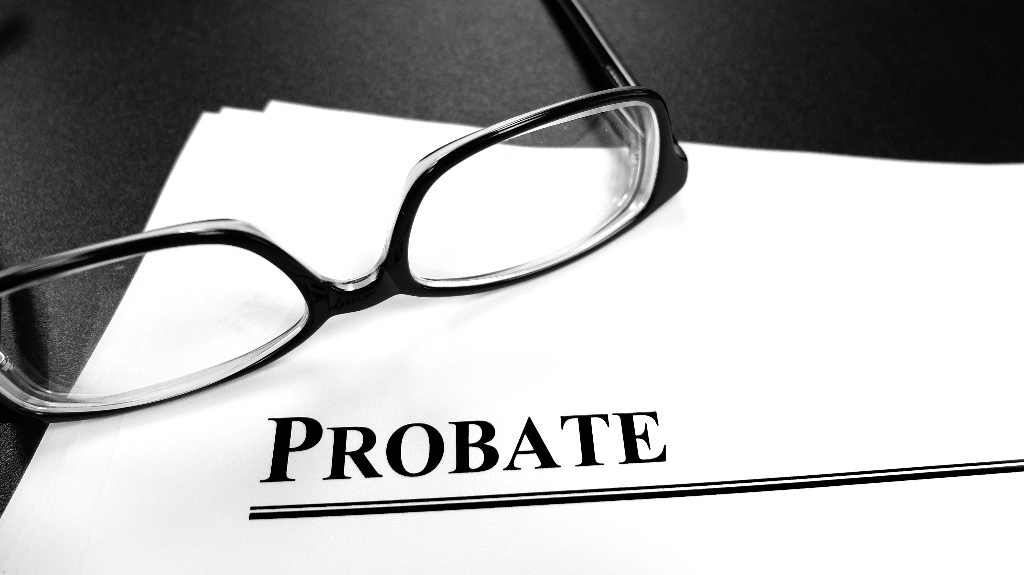Losing a loved one is one of life’s hardest moments. Amid grief, families are often faced with questions about what happens to property, debts, and unfinished business left behind. The legal process that handles these matters is called probate. In Mississippi, probate is the court-supervised way of settling an estate, making sure creditors are paid and assets are passed on to the right people. While the word “probate” can sound intimidating, understanding how it works can ease stress during an already emotional time.
What Is Probate?
Probate is the legal procedure used to transfer property from a deceased person to heirs or beneficiaries. The court appoints an executor, sometimes called a personal representative, who is responsible for managing the estate. Their duties usually include gathering assets, paying taxes and debts, and distributing what remains according to a Last Will and Testament or, if there is no will, according to Mississippi’s laws of intestacy.
Not every estate requires a full probate case. Smaller estates may qualify for simplified procedures. However, larger or more complex estates almost always need formal probate.
When Probate Is Necessary
In Mississippi, probate is typically required when the deceased owned property solely in their name. Real estate, bank accounts, or investment holdings are common examples. If those assets are not jointly owned and do not have designated beneficiaries, the court must oversee the transfer.
On the other hand, certain assets avoid probate altogether. Life insurance proceeds, retirement accounts with beneficiary designations, and jointly titled property usually pass directly to the surviving owner or named beneficiary.
Steps in the Probate Process
Although each case is unique, most probate proceedings in Mississippi follow the same basic steps:
- Filing the will and opening the estate. The process begins with submitting the will, if one exists, to the chancery court. If there is no will, the court applies intestacy laws to determine heirs.
- Appointment of an executor or administrator. If the will names an executor, the court usually confirms that choice. Without a will, the court appoints an administrator, often a spouse or close family member.
- Inventory of assets. The executor must identify and list the estate’s property, including real estate, financial accounts, personal property, and business interests.
- Notification of creditors. Creditors are given notice and a period of time to make claims against the estate. Valid debts must be paid before distributions to heirs.
- Payment of taxes and expenses. Estate expenses, court costs, and any applicable state or federal taxes must be settled.
- Distribution of assets. Once debts and taxes are resolved, the executor distributes the remaining property according to the will or state law.
- Closing the estate. The executor files a final accounting with the court, and the judge issues an order closing the case.

This process can take several months or longer for complicated estates involving disputes, large debts, or unclear ownership of property.
Challenges That Can Arise
Probate is not always straightforward. Common complications include disagreements among heirs, challenges to the validity of a will, or disputes with creditors. Mississippi courts take these matters seriously, and the involvement of an experienced probate attorney can make a significant difference in navigating them.
Moving Forward with Confidence
Probate does not have to be a confusing or frightening process. With the right guidance, families can manage their loved one’s estate in a way that honors their wishes and complies with Mississippi law.
If you are facing probate in Mississippi, Gregory D. Keenum, PA, can help. With experience in estate planning and probate administration, our office provides the support and clarity families need during a difficult time.
Reach out today to learn how we can guide you through the process from start to finish.


